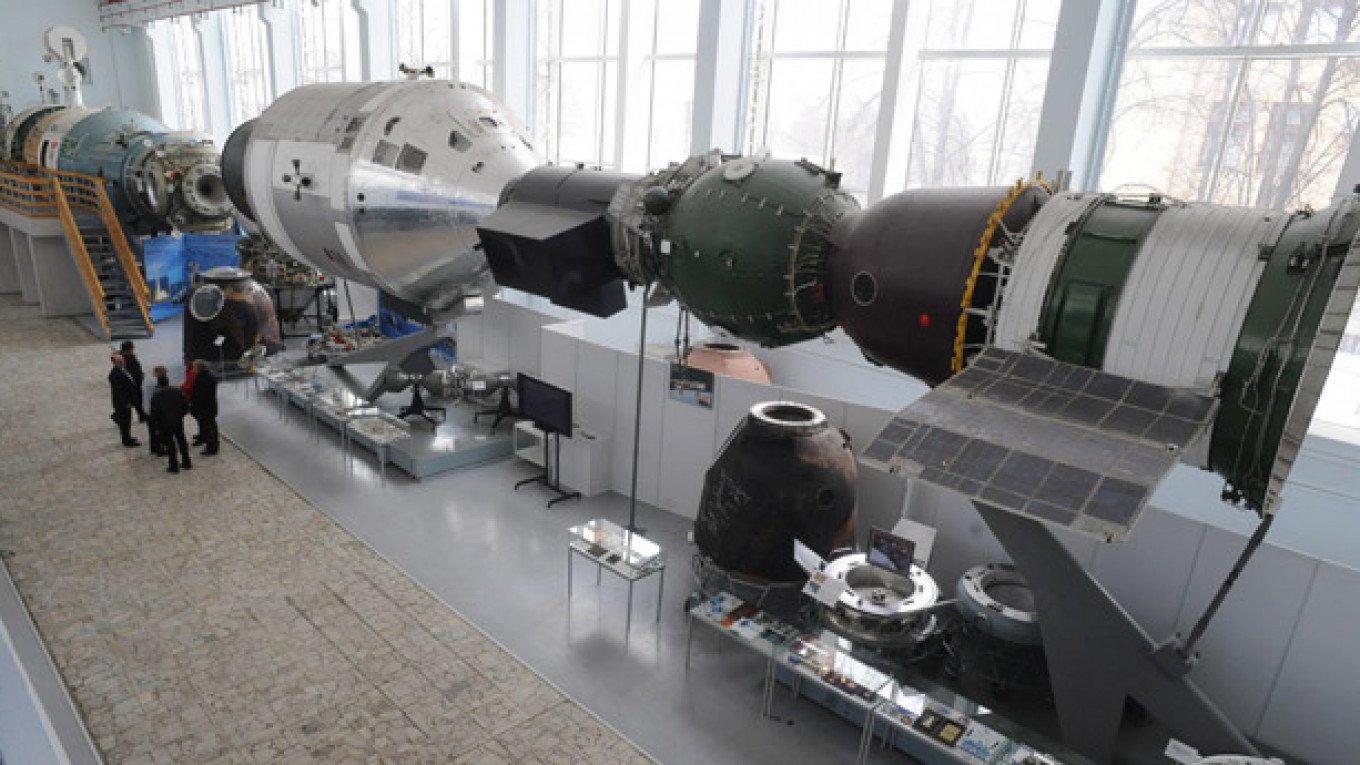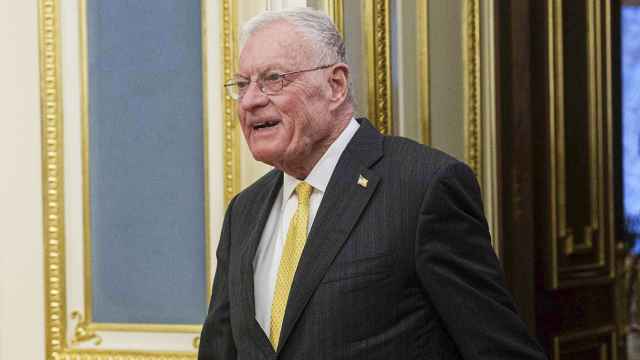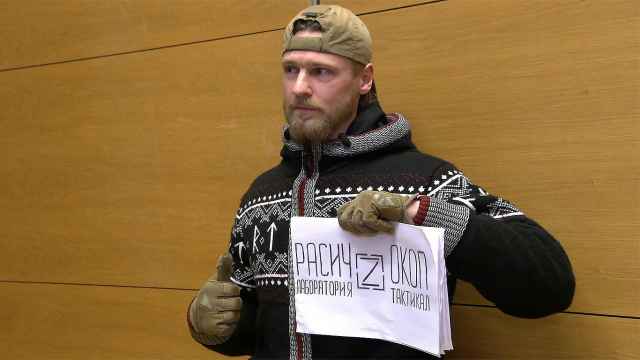Special report for MT
Russia is developing a new space strategy to replace the International Space Station, or ISS, in 2020 and has tapped the Chinese, Indian and European space agencies as potential partners as it pursues lunar and deep-space exploration projects.
Speaking at the St. Petersburg International Economic Forum on Thursday, Sergei Savelyev announced the creation of the new space strategy, which Roscosmos is now developing in cooperation with the Russian Academy of Sciences, Interfax reported.
For 20 years the U.S. and Russia have quietly cooperated in space, developing a strong relationship aboard the Mir space station and the International Space Station, or ISS. But last week, Deputy Prime Minister Dmitry Rogozin threw the future of the vaunted U.S.-Russian space partnership for a loop by announcing that Russia was no longer interested in extending cooperation with NASA aboard ISS beyond 2020 and would instead focus on new projects with other partners.
Russia quickly followed through on its statements, releasing a $52 billion space program aimed at modernizing the domestic space industry and then signing a space cooperation agreement with China on Monday.
Savelyev on Thursday reiterated Russia's interest in new relationships in space. "Russia is open to partnerships with all countries. The well-known sanctions lists, which came in recent months, show that we are interdependent," Savelyev said in a reference to U.S. sanctions against Russian officials and companies following Russia's annexation of Crimea.
"The deterioration of Russian enterprises because of sanctions could lead to the loss of our ability to meet our commitments to ISS," Savelyev warned. Russian rockets are currently the only means of transporting astronauts and cosmonauts to ISS, so harming the Russian space industry would in effect boomerang back on the U.S.
Savelyev on Thursday did not expand on on the content of the new space strategy, but did say that the moon was among its possible targets. "We need a new step in the development of manned space programs," Savelyev said, adding that the development of new manned spacecraft allowing Russia to move beyond low earth orbit, and eventually into deep space, would be necessary.
Savelyev then called on all nations engaged in space exploration to put aside their political differences and cooperate, saying that the world needs to prevent the potentially catastrophic outcome of an arms race in space.
Meanwhile, NASA spokesman Allard Beutel continued to affirm the agency's position on the impact of recent political turmoil on U.S.-Russian space cooperation. "Ongoing operations on the ISS continue on a normal basis …We have not received any official notification from the Government of Russia on any changes in our space cooperation at this point," he told The Moscow Times in an e-mail.
Contact the author at bizreporter@imedia.ru
A Message from The Moscow Times:
Dear readers,
We are facing unprecedented challenges. Russia's Prosecutor General's Office has designated The Moscow Times as an "undesirable" organization, criminalizing our work and putting our staff at risk of prosecution. This follows our earlier unjust labeling as a "foreign agent."
These actions are direct attempts to silence independent journalism in Russia. The authorities claim our work "discredits the decisions of the Russian leadership." We see things differently: we strive to provide accurate, unbiased reporting on Russia.
We, the journalists of The Moscow Times, refuse to be silenced. But to continue our work, we need your help.
Your support, no matter how small, makes a world of difference. If you can, please support us monthly starting from just $2. It's quick to set up, and every contribution makes a significant impact.
By supporting The Moscow Times, you're defending open, independent journalism in the face of repression. Thank you for standing with us.
Remind me later.






